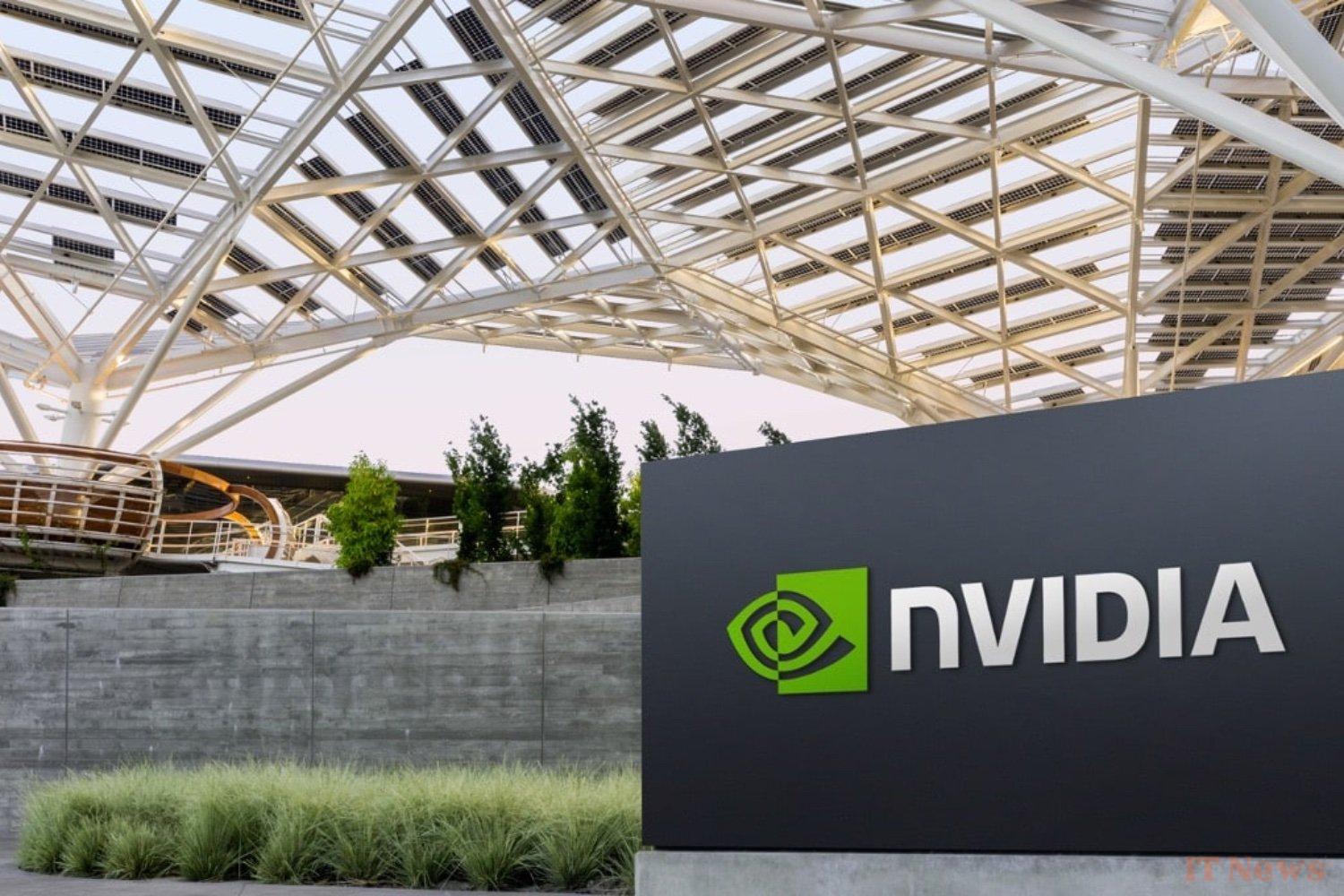"Overall, export controls (these rules that limit the sale of semiconductors to China, Editor's note) have been a failure": Jensen Huang, head of Nvidia, the world leader in electronic chips, the components essential to cars, computers, and AI tools, criticized US restrictions targeting China on Wednesday, May 21. For the head of the American manufacturer, export controls, intended to suffocate Chinese companies and cut off the supply of its car, computer, and artificial intelligence (AI) components to the country, have had the opposite effect. These rules have instead accelerated the progress of its Chinese competitors in the AI sector, the Financial Times reported on Wednesday.
Not only have these rules forced Nvidia to give up its dominant position in China, but companies like Huawei, the Chinese telecoms giant, have also filled the void, the executive lamented.
His criticism, made during a press conference at the Computex technology fair in Taipei, Taiwan, particularly targeted Washington's decision to ban an Nvidia product designed specifically for the Chinese market: H20 chips. This semiconductor had been modified to meet American requirements: Nvidia had made it less powerful so that it fell below the performance thresholds set by Washington.
But last April, the Donald Trump administration toughened its stance, banning Nvidia from selling this chip in China – enough to cause a loss of $5.5 billion for Nvidia, according to the latter.
For the Nvidia executive, US restrictions have accelerated the development of Chinese alternatives
And this time, the company will not launch another product specific to the Chinese market. "Our competition is intense in China. Four years ago, at the start of the Biden administration, Nvidia held 95% of the market share (in the country, editor's note). Today, it only holds 50%. The rest is Chinese technology,” he lamented, before adding: “Local companies are very determined, export controls have given them the necessary boost, and government support has accelerated their development,” he lamented.
Since the start of export restrictions in October 2022, Chinese authorities have asked local companies to buy chips manufactured in the country. They have also invested millions in several champions of the sector.
Jensen Huang took advantage of the press conference to criticize the latest export restriction decided by Joe Biden last January: the former American president had, before leaving the White House, created a three-tier authorization system for electronic chips intended for artificial intelligence. Its goal was to ensure that China did not access American technology through third countries.
"If the United States wants to stay ahead, we need to maximize and accelerate our diffusion, not limit it"
"The fundamental assumptions that led to the AI diffusion rule in the first place have proven fundamentally flawed.If the United States wants to stay ahead, we need to maximize and accelerate our diffusion, not limit it," said Jensen Huang. Especially since "AI researchers are continuing their work in China. But if they don't have enough Nvidia, they will use their own chips," he warned.
Nvidia is not the only company to criticize Joe Biden's latest export limit. Two months earlier, Microsoft had asked Donald Trump to ease restrictions on exports of artificial intelligence chips that apply to "allies and friends" of the United States, including European countries. These latest restrictions could, according to Microsoft, push its main partners to turn to Chinese alternatives.
And while Donald Trump plans to reverse Joe Biden's latest restriction, it's still unclear when—and how—future rules will be finalized. A few days earlier, Washington asked American companies not to source chips made in China, such as Huawei's Ascend processors. On Monday, May 19, the Chinese Ministry of Commerce expressed regret over this recommendation, calling on the American administration to end its "discriminatory" practices.



0 Comments